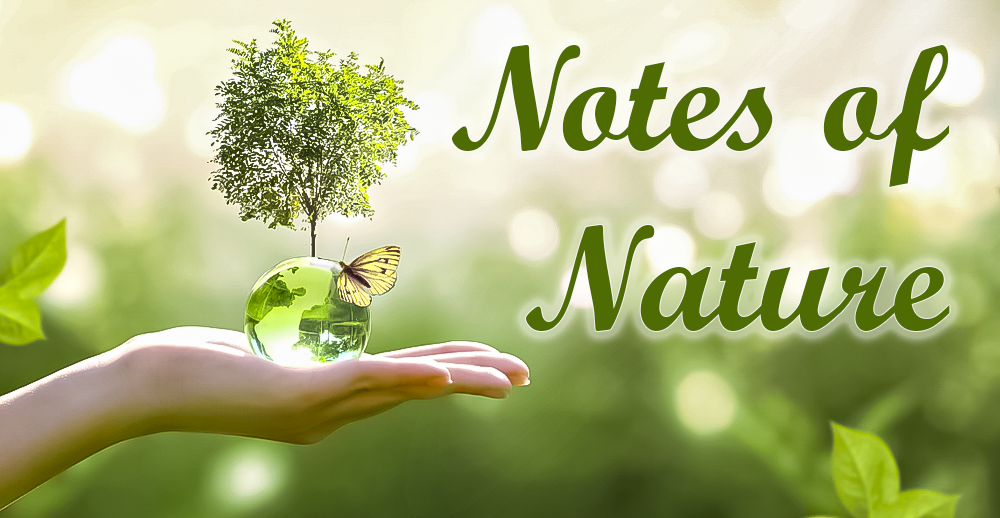Notes for Unit 1: Plant Specification: Integration: AO3 Impact on specification on biosecurity
Plant specification has a significant impact on biosecurity.
When ordering plant material, it is important to consider the biosecurity of
the plants you order. You should only order plant material from reputable
suppliers who follow strict biosecurity protocols.
There are also strict rules for the importation of plants
into the UK from the EU, including the necessity for a phytosanitary
certificate. This certificate is issued from the plant health authority of the
country where the plant material originates to guarantee that the material has
been officially inspected, is free from pests and diseases and meets the legal
requirements for the material to enter GB. There are costs associated with the
importation process related to applying for phytosanitary certificates, checks
and inspections that an individual importer is expected to meet. This does not
apply to all plants, as there is a short list of low-risk plants that can be
imported from the EU and third countries without the phytosanitary certificate.
At the time of writing, this includes, but is not limited to, pineapple,
persimmon, and banana. See the links below for further information.
 |
| UK Plant Passport |
The plant types you choose can also have an impact on biosecurity. Different plant types have different susceptibility to pests and diseases. For example, some plant types such as annuals and biennials are more susceptible to pests and diseases than others such as perennials. Schemes such as the RHS Award of Garden Merit have a series of requirements that ensure plants awarded are reasonably resistant to pests and diseases.
Material type is another important factor to consider
when ordering plant material. The three main types of plant material are
pot-grown, bare root, and rootballed / burlap. Each material type has its own
advantages and disadvantages in terms of biosecurity. For example, bare root and
pot grown plants are financially cheaper, but are more susceptible to damage
during transportation, which can increase the risk of pest and disease
transmission. While, the well developed root systems of rootballed/burlap plants,
which are available during the dormant season for the species, are less
susceptible to damage and therefore less likely to be infected with disease.
Bare root, rootballed, and potted plants.
Production method is also an important consideration.
Plants can be grown using different methods such as conventional, organic, or
biodynamic. It is important to choose a production method that aligns with your
values and requirements.
Conventional production
methods use synthetic fertilizers and pesticides to promote plant growth and
control pests and diseases. While these methods are effective, they can have
negative impacts on the environment and human health.
Organic production methods
use natural fertilizers and pest control methods to promote plant growth and
control pests and diseases. Organic methods are more sustainable and
environmentally friendly than conventional methods, but they can be more
expensive and less effective. For instance, the reliance on natural predators
to remove pests can be less effective, while using natural compost and manure
can introduce soil-borne diseases.
Biodynamic production
methods are similar to organic methods, but they also incorporate spiritual and
mystical practices. Biodynamic methods are less common than conventional and
organic methods, but they are gaining popularity due to their focus on
sustainability and holistic plant health. However, as with organic production,
the reliance on natural predators to remove pests can be less effective, while
using natural compost and manure can introduce soil-borne diseases.
Finally, environmental considerations are also important
when ordering plant material. You should choose plants that are well-suited to
your local climate and soil conditions. You should also consider the
environmental impact of the production and transportation of the plant material.
By considering these factors, you can ensure that you order
plant material that is healthy, sustainable, and well-suited to your needs.
Links for further information:
https://www.rhs.org.uk/prevention-protection/importing-and-exporting-plants
https://www.gov.uk/guidance/apply-for-plant-export-certificates-and-inspections
https://aphascience.blog.gov.uk/2023/03/01/plant-passports/
New
Plant Biosecurity Strategy - UK Plant Health Information Portal (defra.gov.uk)


No comments:
Post a Comment
I really enjoy reading and replying to your comments, but please do not use this space for advertising!